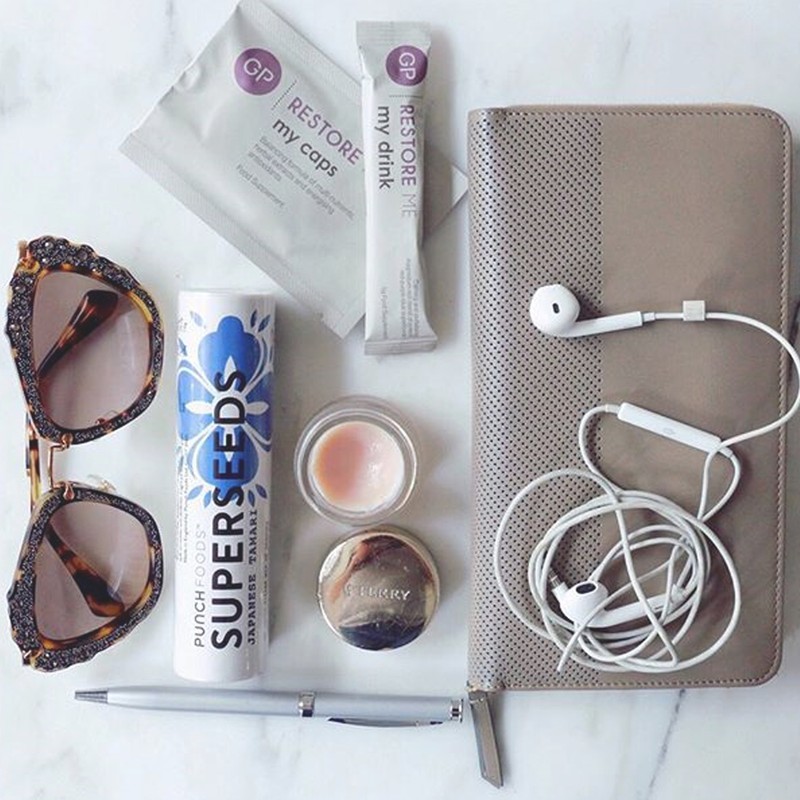Nutritionist Gabriela Peacock Shares 7 Tips For A Healthier Spring
1. Always Think About Antioxidants
Antioxidants should always be at the forefront of your nutritional plan, but even more so in summer when we tend to travel more and have extra social occasions in the diary. Drinking, sunshine and travelling can all increase oxidative stress and detoxification demands on the liver – look to nutrients such as choline, zinc and copper to help support your liver all year long. GP Nutrition’s Clean Me is a great source of all these nutrients and more – it’ll boost skin and digestive health as well as improve energy levels for a healthier you.
2. Don’t Forget Vitamin D
Just because the sun may be shining doesn’t mean you can forget about vitamin D, a nutrient crucial for healthy bones and mood. Vitamin D may be made by sunshine, but in the UK the sun is only strong enough to stimulate vitamin D production in your skin three to four months a year, typically from May to August. During these months, your skin will make enough vitamin D if you’re outside for at least 20 minutes a day, without SPF, typically between 10am and 2pm. Try to get your 20 minutes in the sun before applying sun cream.
3. Protect With More Than Just SPF
It goes without saying a broad-spectrum SPF is the best thing for sun protection although it’s worth noting both vitamin C and flavonoids are antioxidants which can help to counteract the effects of free radicals and support your skin when you’re in the sun. Specifically, goji berries can also help produce melatonin and vitamin C can also boost collagen production which will help boost your glow.
4. Tackle Allergies Naturally
If you suffer from seasonal allergies such as hay fever, a high-dose of vitamin C and quercetin may help. Quercetin is a potent antioxidant that promotes a healthy inflammatory response and regulates histamine production. It is naturally found in red onions, apples and berries but you’ll be hard pushed to eat more than 20mg a day, so consider supplementing. Some studies have shown the best results are achieved by supplementing 250mg twice a day with some vitamin C.
5. Look After Your Liver
If you’re a rosé fan come summer, consider taking a supplement to support your liver. Milk thistle is a great place to start – the seeds of the milk thistle plant contain silymarin, a group of three flavonoids that work together to strengthen the outer membranes of liver cells and reduce the number of toxins entering cells. Plus, it can also help to reduce inflammation. If you’re looking for more of an all-rounder, try the Clean Me supplement, which is packed with choline for optimal liver function, copper and selenium to reduce free radical damage, zinc to support internal defense and wheatgrass, artichoke and broccoli extracts.
6. Eat Seasonally
It may sound obvious but making an effort to eat seasonal foods will boost your nutrient intake ten-fold. Research has shown that fruit and vegetables contain have far more goodness when picked at the peak of their ripeness. Moreover, eating seasonally can assist your body in dealing with the demands made upon it by the different times of the year. For example, in spring we have lots of alkalizing greens which are perfect for post-winter, while summer sees the arrival of fresh watermelon, cucumber and lettuce, which are all great for hydration. Purple sprouting broccoli, asparagus, rocket and lamb are all in season now.
7. Pop A Probiotic
Travelling abroad this summer? It could be worth taking a multi-strain probiotic to support your digestive health. If you’re prone to tummy problems, start by taking a probiotic with 60 billion bacteria a couple of weeks before you go away – start slowly as it may take a little while for your gut to adjust. If you don’t have stomach problems or don’t tend to get bloated, a probiotic with around 20 billion is fine, but always make sure they’re from a trusted supplier like Optibac or Symprove.
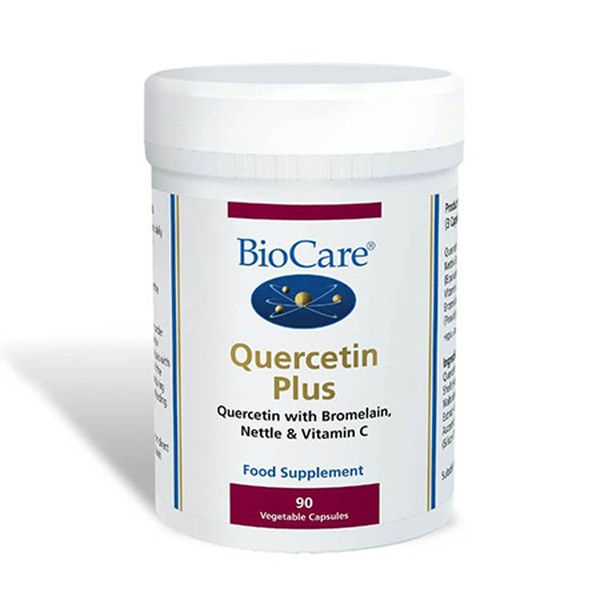
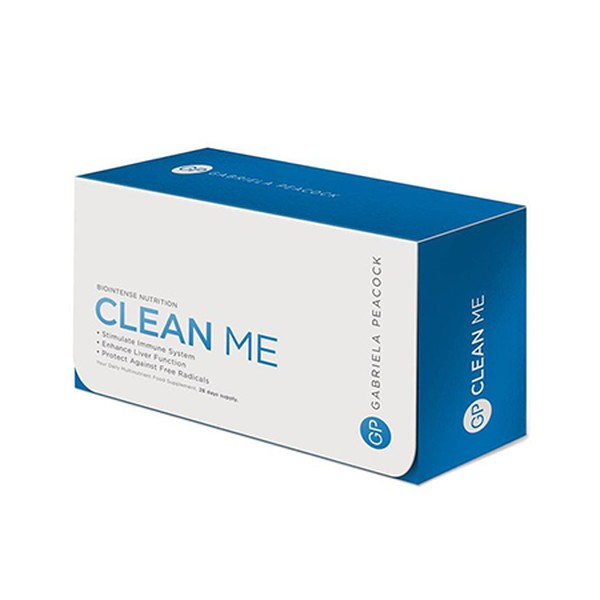
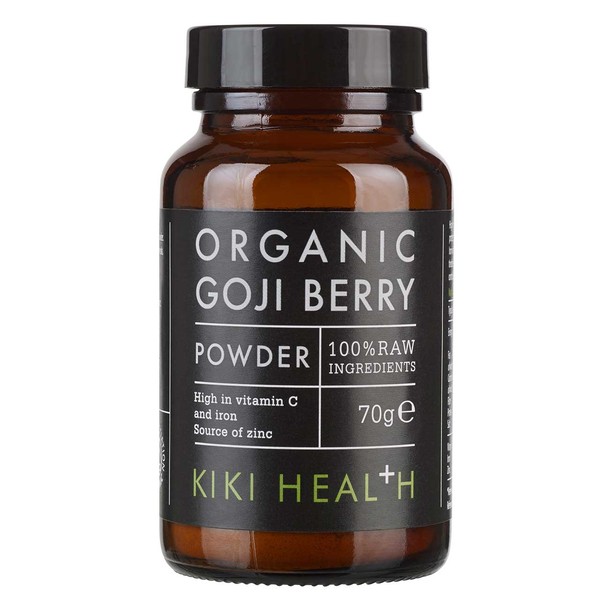
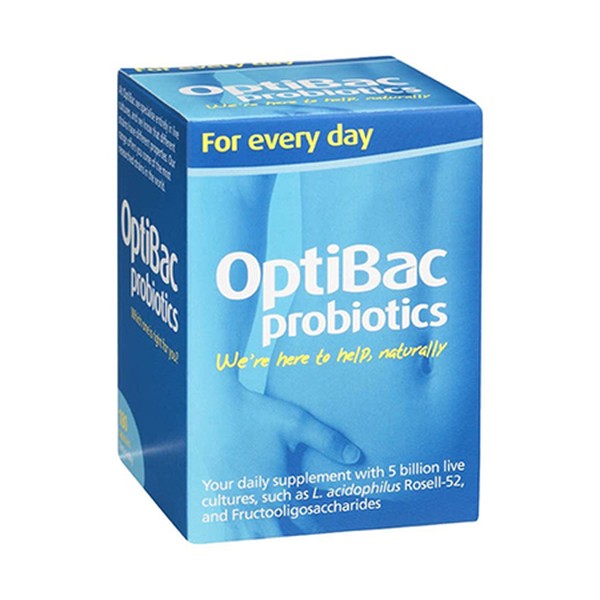
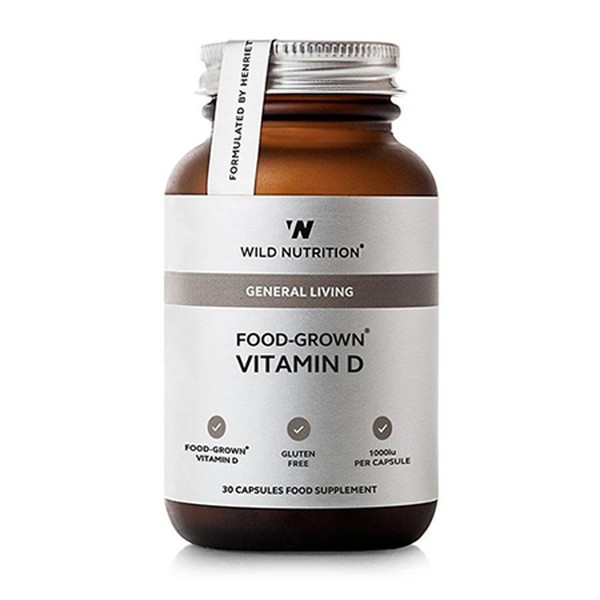
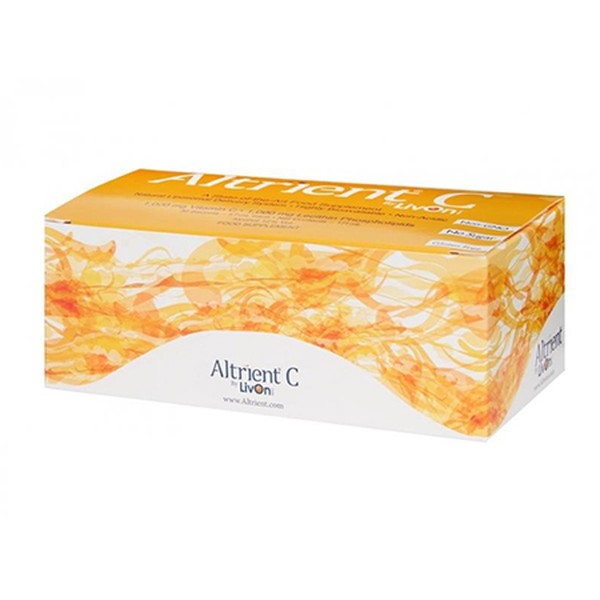
Visit GPNutrition.com
DISCLAIMER: We endeavour to always credit the correct original source of every image we use. If you think a credit may be incorrect, please contact us at info@sheerluxe.com.
